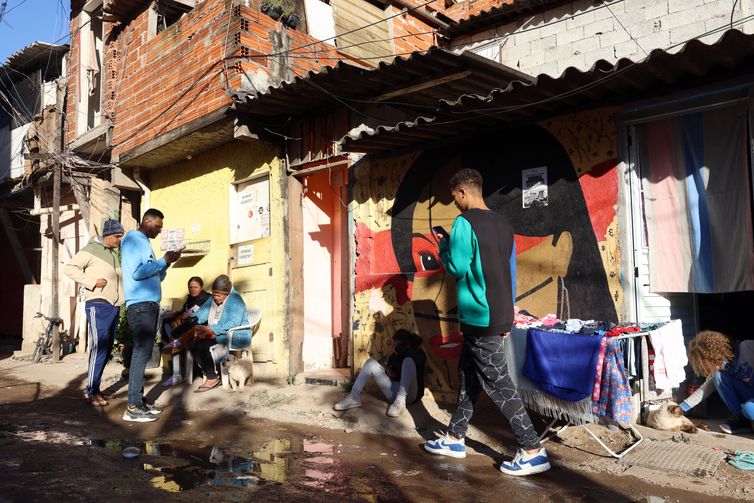A survey conducted in favelas across Brazil analyzed perceptions of consumption, living conditions, and residents’ perspectives. Contrary to the stereotype of extreme poverty and limited consumer aspirations, the findings reveal a thriving commercial environment, aligned with the major brands and platforms used throughout the country.![]()
![]()
The study surveyed 16,000 people, with the support of 1,000 volunteers affiliated with the Central Única das Favelas (CUFA), using methodology developed by the Data Favela research institute.
Among the findings, 83 percent of respondents said they prefer products that are both affordable and high quality; 85 percent feel fulfilled when they manage to save enough to buy a product that is harder to access; and 78 percent strive to acquire items that were out of reach when they were younger—revealing a view of consumption as both an achievement and a symbol of rights and belonging.
The survey also explored feelings of frustration. Half of the respondents reported having experienced embarrassment or humiliation due to a lack of access to a product, while 62 percent said they felt excluded because they could not afford to buy a fashionable item.
Another aspect highlighted by the survey was the perceived importance of personal appearance: 77 percent of respondents said they cared about their appearance, 57 percent considered cosmetics to be essential items, and 37 percent believed that looking good positively influenced their professional opportunities.
Desires
The survey also sought to understand the main aspirations of residents: 19 percent said their greatest dream was better housing conditions, while 18 percent cited improved access to hospitals and health clinics. Another 18 percent prioritized greater security, and 14 percent dreamed of better infrastructure, such as sewage systems and public lighting.
Respect for residents was a priority for 9 percent of respondents, followed by leisure options (7%), more schools (5%), and better transportation options (4%). Another 5 percent prioritized other dreams, while 1 percent did not identify any particular desire as a priority.
How residents shop
Online consumption is carried out by six out of 10 favela residents, where approximately 17 million people over the age of 18 live, representing 8 percent of the country’s households.
Shopee, Mercado Livre, and Shein are the top preferred platforms, cited by 78 percent of respondents as their usual shopping sites. Shopee holds a significant lead, with 40 percent of respondents using it.
Regarding purchasing intentions over the next six months, 70 percent of slum dwellers plan to buy clothing, 60 percent intend to purchase beauty and perfume items, and 51 percent specifically wish to buy beauty products. Construction materials and household appliances are each desired by 51 percent of respondents. Meanwhile, 43 percent intend to buy electronics, 43 percent hope to take various courses, and 29 percent are interested in language courses.
The survey also identified challenges in online shopping. For instance, 60 percent of respondents reported delays in order deliveries, while 20 percent said they did not receive their orders because the address could not be found. Half of those surveyed had received fraudulent messages or emails related to orders, and one-third admitted to falling victim to such scams.
Crédito arquivo Nacional EBC
Leia Mais em: O Maringá










